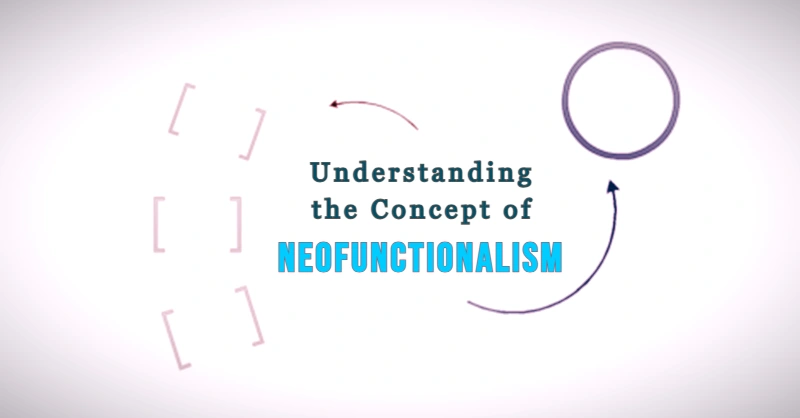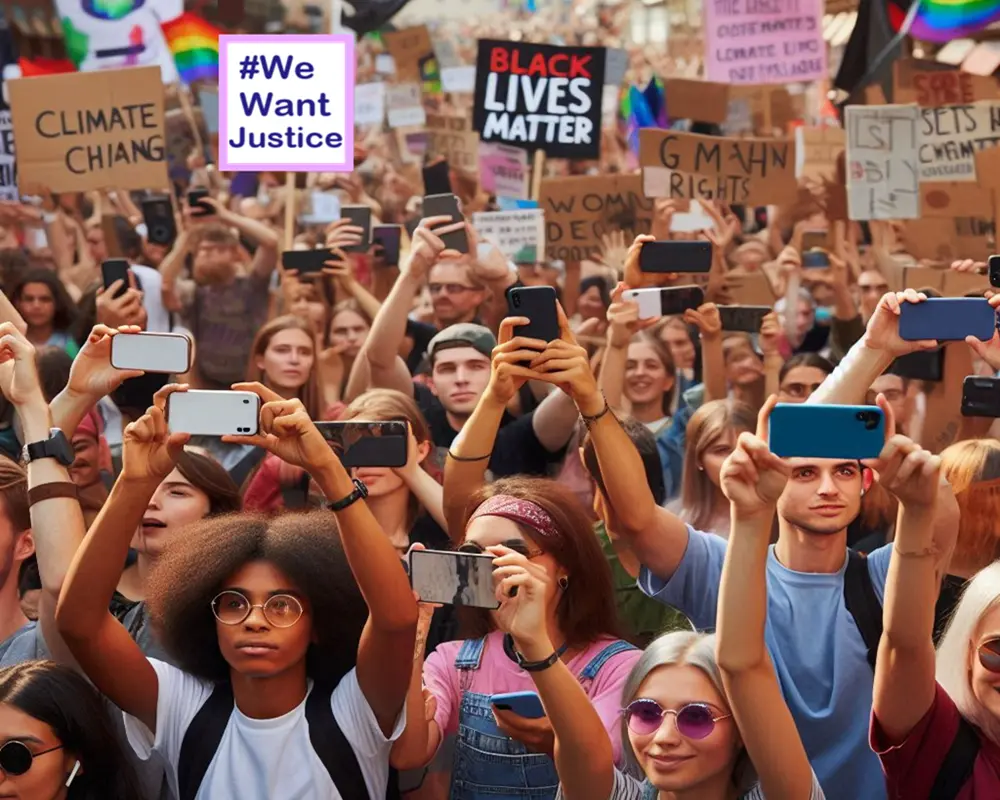Modernization is the process of adapting something to modern needs or customs. In sociology, modernization is the shift from a traditional rural, agricultural society to a secular, urban, industrial society. There are different perspectives on modernization, each offering a different understanding of the process and its effects. Let’s understand the various perspectives on modernization.

The Concept of Modernization in Sociology
Modernization is a set of technological, economic, social, cultural and political changes aimed at improving the social system as a whole.
Modernization is the social process as a whole, including industrialization, during which agricultural, historical and modern societies develop. There is usually a complete contrast between pre-modern societies and modern societies. The term encompasses a broader range of social processes than industrialization.
Modernization expresses a shared set of assumptions about the nature of advanced societies and their ability to transform a world perceived as materially and culturally deficient.
– All the characteristics corresponding to the concept of modernity can be linked to the changes that two centuries ago brought to life a society of the industrial type. This indicates that the term “industrial society” has not only an economic and technological meaning, but also a lifestyle meaning that characterizes profound economic, social, political and cultural changes.-
Societies become modern precisely in the process of mass industrialization. The main features of modern society are: innovation orientation, secular nature of social life, progressive (non-cyclical) development, democratic system of power, mass education, etc.
Various Perspectives on Modernisation
Historically, modernization is a process of change directed at social, economic and political systems. Let us understand the different perspectives on modernization.
In classical sociology, Modernisation was understood by Durkheim as a process of social differentiation, by Weber as a rationalization process, and Marx as a commodity process.
The critical factor in modernization is overcoming and replacing traditional values hostile to social change and economic growth.
Structural functionalist theories also emphasize the process of social differentiation involved in modernization, including political pluralism.
According to Wilbert E. Moore, “Modernization is the ‘total’ transformation of a traditional or pre-modern society to the kinds of technology and associated social organization that characterize developed, economically prosperous, and relatively stable nations.
Despite serious differences between individual authors, the main tenets of structural-functional theory include: (a) comparing modern society with traditional society, which is seen as an obstacle to economic development; (b) development through the stages of evolution is quite similar for all societies; (c) the need of the “Third World” countries for forces that contribute to departures from tradition; (d) the creation of transformative forces either within society—the modernizing elites, or from outside—the introduction of capital or educational models; (e) The existence of dual economies and dual societies in modern “Third World” countries. Some areas are still in their traditional forms, but others, particularly urban areas, are undergoing modernization; (f) The preferred and likely outcome is societies such as those in Western Europe and the United States.
There are different perspectives on modernization, each offering a different understanding of the process and its implications.
Modernization as a progress perspective is considered a positive force that generates economic growth, technological advancement and social and political development. The development of Japan in the 20th century is a classic example of modernization as progress.
Modernization as Dependency is considered a negative force that creates dependence on foreign powers and perpetuates inequality. For example, the Latin American Dependency Theory.
Modernization as Hybridization; where traditional cultures and modern values coexist and influence each other. For example, the Indian film industry, Bollywood combines traditional Indian cultural elements, such as music and dance, with modern themes and values, creating a unique hybrid form of cultural expression.
Critics proceeded primarily from the theory of dependency and underdevelopment, paying attention to the following points:
(a) modernization theory, which focuses on internal social processes and thus ignores the influence of colonialism and neo-colonialism.
(b) The contrast between the modern and the traditional is overly simplistic and misleading.
(c) the absence of duplication in such societies, since the so-called traditional sectors are often an integral part of the national economy.
(d) the evolutionary approach imposed the Western model and rejected the possibility of new forms of society emerging in the “Third World.
(e) Political and ideological interests were behind the modernization theory. Many major theorists from the United States played the role of government advisors and contributed openly to the reduction of socialism or communism in the Third World, especially in the 1960s. In response to the Cuban Revolution of 1959, Latin America introduced the US program “Union for Progress”, which included several proposed approaches to modernization theory.
Conclusion: Perspectives on Modernization
Modernization is often associated with industrialization, urbanization, and the adoption of Western values and institutions. The process of modernization summarizes the changes that combine to transform an agricultural or underdeveloped society with a weak state into an industrialized and civilized society with a relatively effective and active government.
Understanding the various perspectives on modernization is a pioneering attempt to provide signals based on standards, rules, aspects and methods. Modern and innovative strategies contribute significantly to activating the processes that move society forward or significantly affect it.



